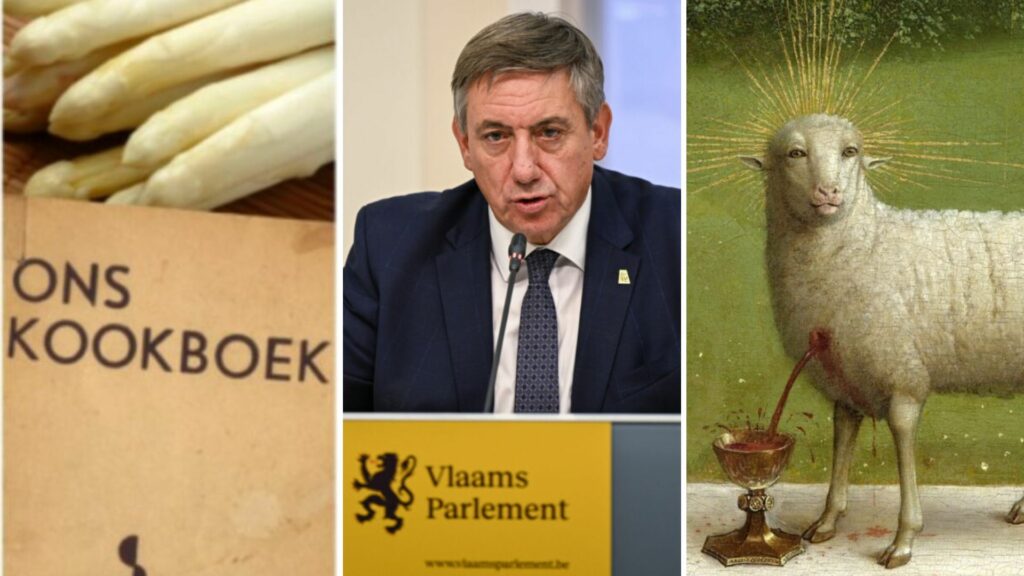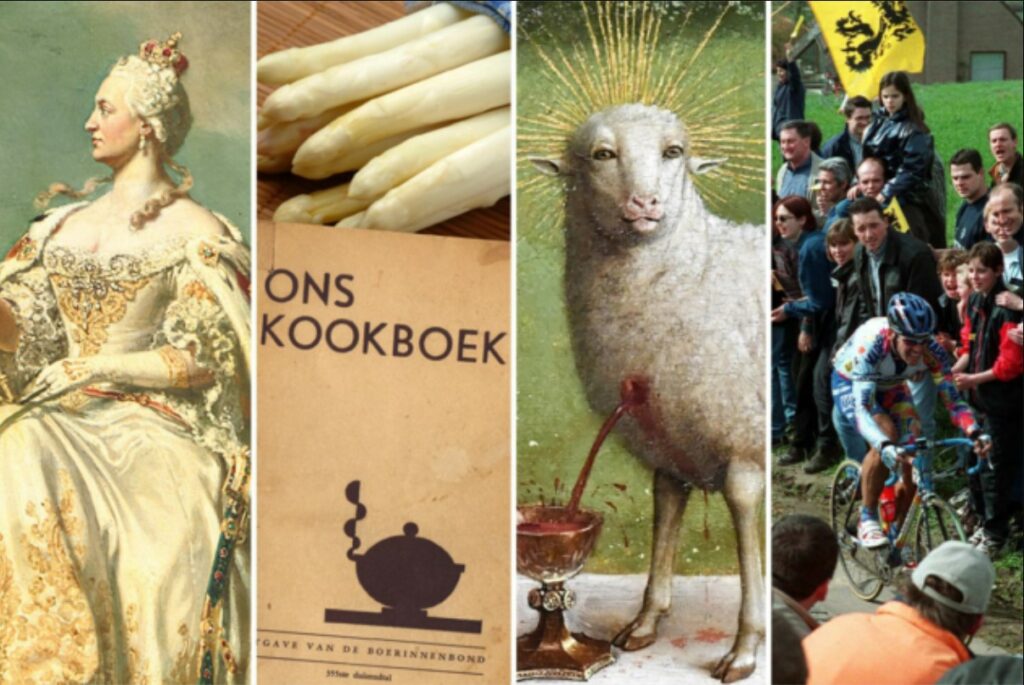Yesterday Flanders unveiled its much fêted Canon – a list of cultural identifiers that typify the region. Taking its lead from an existing document in the Netherlands, the governing N-VA (right-wing) party charged a committee of historians, journalists and philosophers with the task, which took two and a half years to complete.
Yet before the Canon had even come close to publishing, the assignment itself was the subject of charged discussions – the very precept being called into question on grounds that it constitutes a ploy to stoke a Flemish separatist agenda. Ministers went to lengths to dispel such criticism, pointing to the independent authors and stressing that it would not be imposed on school curricula.
To an impartial non-Belgian, the final selection (whittled down from 500 to 60 items) seems balanced and broad – ultimately an intriguing resource for someone to inform an interest in the region. The span of freshly-minted canonical touchstones includes many events that predate Flanders, and even any notion of the territory as a distinct entity.
If anything, it can be a helpful and central source for some key developments and, taken at face value, seems innocuous. Had it been drawn up by the same committee independent of political prompting would it come under such scrutiny? Then again, would such a thing have been conceived without the bidding of certain officials?
You'd be forgiven for asking what's the point of the whole exercise. And indeed, what's the fuss all about? It's not as if any of the items on the list are in danger of sliding into historical oblivion. Nor are they examples of Flanders asserting a claim to things that are historically contested – there is little doubt that De Ronde van Vlaanderen (one of the most thrilling one-day races in the cycling calendar) or Jacque Brel's Le Plat Pays pertains to the region.
As the government's opponents have (so far) indicated in their reception, the document itself isn't overtly problematic; the issue is more how it may be used, or indeed whether it will be revised and who will oversee this effort. Will it be put to political ends? Can history be preserved beyond the manipulation of the present?
The hilarious novel Small World by British author David Lodge pictures an aspiring academic writing his thesis on the influence o of T.S. Eliot on Shakespeare – both canonical figures though Eliot obviously having his time some 300 years after the greatest jewel in English literature. Yet what might at first seem a temporal mix-up wonderfully illustrates how the past is coloured by the present.
Could it be that the Canon of Flanders will unavoidably serve to view history through a lens prone to present bias? Will it stimulate reasoned debate or frame future arguments in Flanders' favour?
Let @Orlando_tbt know.
Belgium in Brief is a free daily roundup of the top stories to get you through your coffee break conversations. To receive it straight to your inbox every day, sign up below:
1. A Brussels international bus station? The search continues
With plans for an international bus station at Erasmus not materialising and no mention of one in the plans to renew Gare du Nord, Brussels continues its quest for a suitable station location. Read more.
2. Long-awaited 'Canon of Flanders' is finally revealed
The 'Canon of Flanders' was presented on Tuesday, about half a year later than planned. It compiles 60 events, dates, people, traditions, books, objects and works of art that are essential to Flemish heritage. Read more.
3. This is Brussels calling: Looking at Belgium's chances of Eurovision glory
The Eurovision Song Contest is upon us this week, with Belgium still having to qualify for the grand final, set to take place on Saturday in the English city of Liverpool. Read more.
4. Striking it rich: Delhaize posts big profits despite worker protests
Supermarket group Ahold Delhaize has posted a remarkable increase in both profits and revenue over the first three months of this year, defying analyst expectations that a series of strikes at its Delhaize stores in Belgium would hit the company's bottom line. Read more.
5. 10 May: Belgium's biggest birthday
On no other day in the year do more Belgians celebrate their birthdays than on 10 May. Read more.
6. Art and events in Brussels
The Brussels Times selects some of the best exhibitions currently on show in museums and galleries. Read more.
7. Hidden Belgium: The first international postal service
Two plaques attached to a corner building next to the Petit Sablon park in Brussels mark the site of a vanished palace. Read more.


